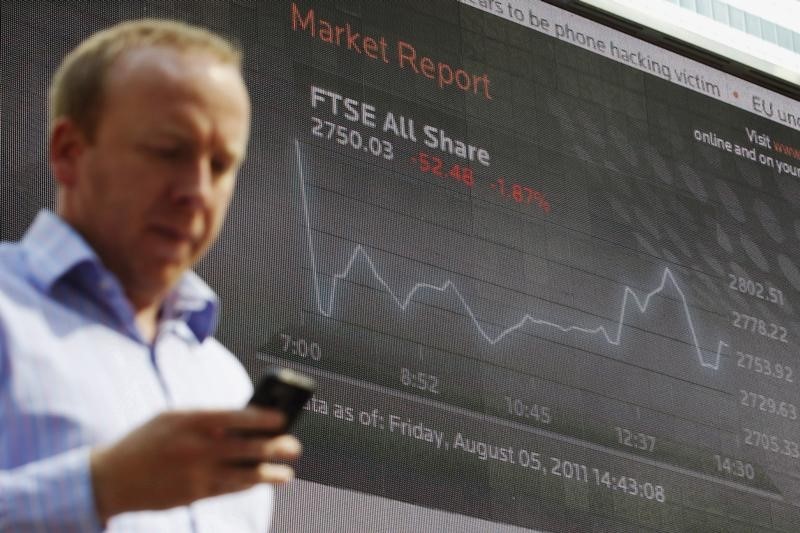Two National Guard members shot near White House
Investing.com -- A sharp pullback in European defense stocks has opened a potential buying opportunity, BofA Securities said in a note dated Wednesday, citing a significant sector de-rating over the past three months.
BofA said the sector’s valuation premium to the STOXX Europe 600 has fallen steeply as German orders fell short of upbeat expectations and some 2026 outlooks, including Hensoldt’s, disappointed.
The brokerage said the defense group has dropped to a 70% premium to the SXXP after previously hitting levels of 120-130% following the Munich and NATO 3.5% GDP target announcements.
The analysts said European defense is now trading at 11.6x EV/EBIT for 2028 estimates, with zero leverage at a sector level, which BofA views as “highly attractive if defence budget growth persists.” The brokerage said it remains confident in the long-term spending outlook and sees the pullback as an “attractive entry point.”
The brokerage said valuations had moved sharply from an early-2025 level of a 36% premium to a surge after NATO targets, before retreating.
Before COVID-19, the sector traded at a 20% premium during budget expansions and a 20% discount during declines, while the Ukraine invasion drove valuations to elevated ranges between 20% and 50% premiums.
Despite the sector-wide re-rating, BofA said it still expects strong fundamentals. The brokerage projected average organic topline growth of about 12.5% from 2025-2030, margin expansion of about 280 basis points and an EPS compound annual growth rate of about 20%.
It estimated roughly $310 billion of incremental defense spending if NATO members reach 3.5% of GDP or about $187 billion at 3% versus 2025 levels.
BofA said it expects 2026 to be a record year for book-to-bill ratios as European governments continue to reindustrialize defense capacity. The brokerage also said companies have signaled that growth is likely to accelerate in 2027-29 due to new capacity buildouts.
While diplomatic discussions continue and the Financial Times reported that Ukraine agreed to a clause limiting peacetime force size to 800,000 troops, the brokerage said a cease-fire would not affect its view on long-term European defense spending.
With the recent pullback, BofA said the sector is pricing in stabilization rather than acceleration, and the projected growth is not taken into account.
